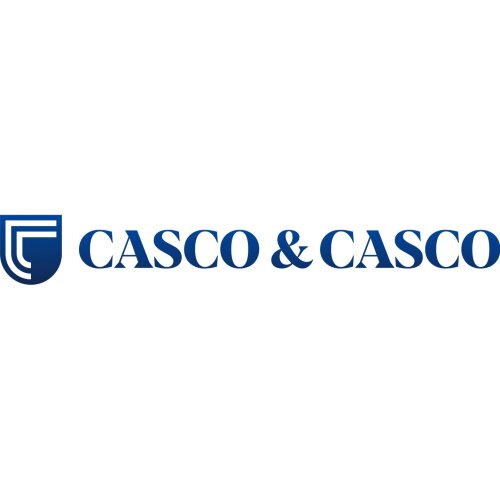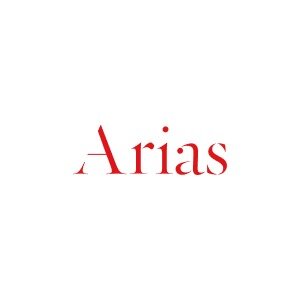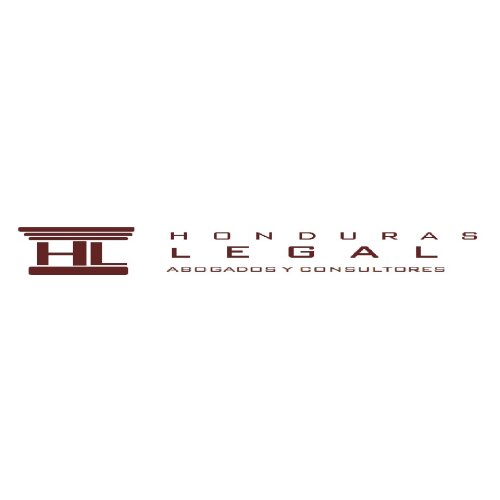Best Art & Cultural Property Law Lawyers in Tegucigalpa
Share your needs with us, get contacted by law firms.
Free. Takes 2 min.
List of the best lawyers in Tegucigalpa, Honduras
About Art & Cultural Property Law in Tegucigalpa, Honduras
Art & Cultural Property Law in Tegucigalpa, Honduras, is an emerging field focusing on the legal frameworks governing the protection, preservation, and commercialization of culturally significant artifacts and artwork. Given Honduras's rich cultural heritage, including its Mayan history and artistic traditions, the law aims to protect artifacts from illegal trade and ensure they remain part of the national heritage. Legal structures are increasingly coming into play to address this need, with Tegucigalpa serving as a hub for national efforts in administration and enforcement.
Why You May Need a Lawyer
Engaging a lawyer in Art & Cultural Property Law might become necessary in several situations. For instance, if you are an artist or collector looking to authenticate, buy, or sell art, legal guidance can prevent fraudulent transactions. Museum professionals may need advice on the legal acquisition and protection of artifacts. Additionally, individuals or institutions might require representation if they face legal disputes over ownership or cultural property claims, including restitution of stolen or illicitly exported artifacts. Legal advisors can also assist with navigating international treaties relevant to cultural property.
Local Laws Overview
In Tegucigalpa, several laws and legal principles are applied to protect art and cultural property. Foremost is the Law for the Protection of Cultural Heritage, which outlines the protection, conservation, and restoration of cultural assets. This law identifies the state as the custodian of all cultural heritage and mandates that significant artifacts discovered in the country remain under national ownership unless explicitly permitted otherwise. The Penal Code also carries penalties for the illegal trafficking of cultural items. Furthermore, Honduras is a signatory to international conventions such as UNESCO's 1970 Convention on prohibiting and preventing illicit import, export, and transfer of ownership of cultural property, influencing national laws.
Frequently Asked Questions
What constitutes cultural property in Honduras?
Cultural property is broadly defined as objects or artifacts that are of historical, artistic, or cultural significance. This includes archaeological sites, historic monuments, artworks, manuscripts, and folklore traditions.
Can cultural artifacts be exported legally from Honduras?
Exporting cultural artifacts from Honduras is highly restricted. The exportation of national cultural goods is prohibited unless a special permit is granted by relevant governmental bodies, and even then, the criteria are quite strict.
What should I do if I find an archaeological object?
It is required by law in Honduras to report any finding of archaeological objects to the Instituto Hondureño de Antropología e Historia (IHAH). Removal or non-disclosure of such objects is illegal and can incur severe penalties.
How does Honduras protect its cultural property from illicit trade?
Honduras employs several mechanisms to protect its cultural property, including national laws enforcing stringent penalties for illegal trafficking and cooperation with international organizations to curb illicit trade.
What are the penalties for illegally trading in cultural property?
The penalties for involvement in the illegal trade of cultural property in Honduras can include significant fines, imprisonment, and the forfeiture of the artifacts involved.
How does Honduran law address cultural property disputes?
Disputes regarding cultural property in Honduras are resolved through civil litigation or arbitration, with considerations based on both national law and applicable international agreements.
Can foreigners own cultural property in Honduras?
Foreigners can own cultural property under specific conditions stipulated by law, primarily when the items do not fall under any restrictions imposed on certain types of national heritage.
Are there international agreements Honduras is part of concerning cultural property?
Yes, Honduras is a party to several international agreements, including the UNESCO 1970 Convention, which fosters collaborative efforts to prevent the illicit trafficking of cultural property.
What is the IHAH, and what role does it play?
The Instituto Hondureño de Antropología e Historia (IHAH) is a governmental entity tasked with overseeing the protection and management of Honduras's cultural heritage, including overseeing research, archaeological excavations, and restoration projects.
How can art collectors ensure the legality of their acquisitions?
Collectors are advised to conduct thorough provenance research and consult legal experts in Art & Cultural Property Law to confirm the legality and authenticity of their acquisitions and ensure compliance with local and international laws.
Additional Resources
For further assistance, individuals may contact the Instituto Hondureño de Antropología e Historia for information regarding legal statutes or permits related to cultural property. Additionally, cultural heritage protection organizations such as UNESCO provide resources and guidance on international best practices. Consulting local museums and their legal departments can also offer further insights.
Next Steps
If you require legal assistance in Art & Cultural Property Law, it is prudent to consult a specialized attorney with expertise in this field. Start by contacting local law firms with departments or specialists in cultural heritage law. Engaging with professional legal associations and cultural institutions in Tegucigalpa can also direct you to qualified practitioners. Maintain any relevant documentation pertaining to your inquiry or case for an efficient consultation process.
Lawzana helps you find the best lawyers and law firms in Tegucigalpa through a curated and pre-screened list of qualified legal professionals. Our platform offers rankings and detailed profiles of attorneys and law firms, allowing you to compare based on practice areas, including Art & Cultural Property Law, experience, and client feedback.
Each profile includes a description of the firm's areas of practice, client reviews, team members and partners, year of establishment, spoken languages, office locations, contact information, social media presence, and any published articles or resources. Most firms on our platform speak English and are experienced in both local and international legal matters.
Get a quote from top-rated law firms in Tegucigalpa, Honduras — quickly, securely, and without unnecessary hassle.
Disclaimer:
The information provided on this page is for general informational purposes only and does not constitute legal advice. While we strive to ensure the accuracy and relevance of the content, legal information may change over time, and interpretations of the law can vary. You should always consult with a qualified legal professional for advice specific to your situation.
We disclaim all liability for actions taken or not taken based on the content of this page. If you believe any information is incorrect or outdated, please contact us, and we will review and update it where appropriate.













